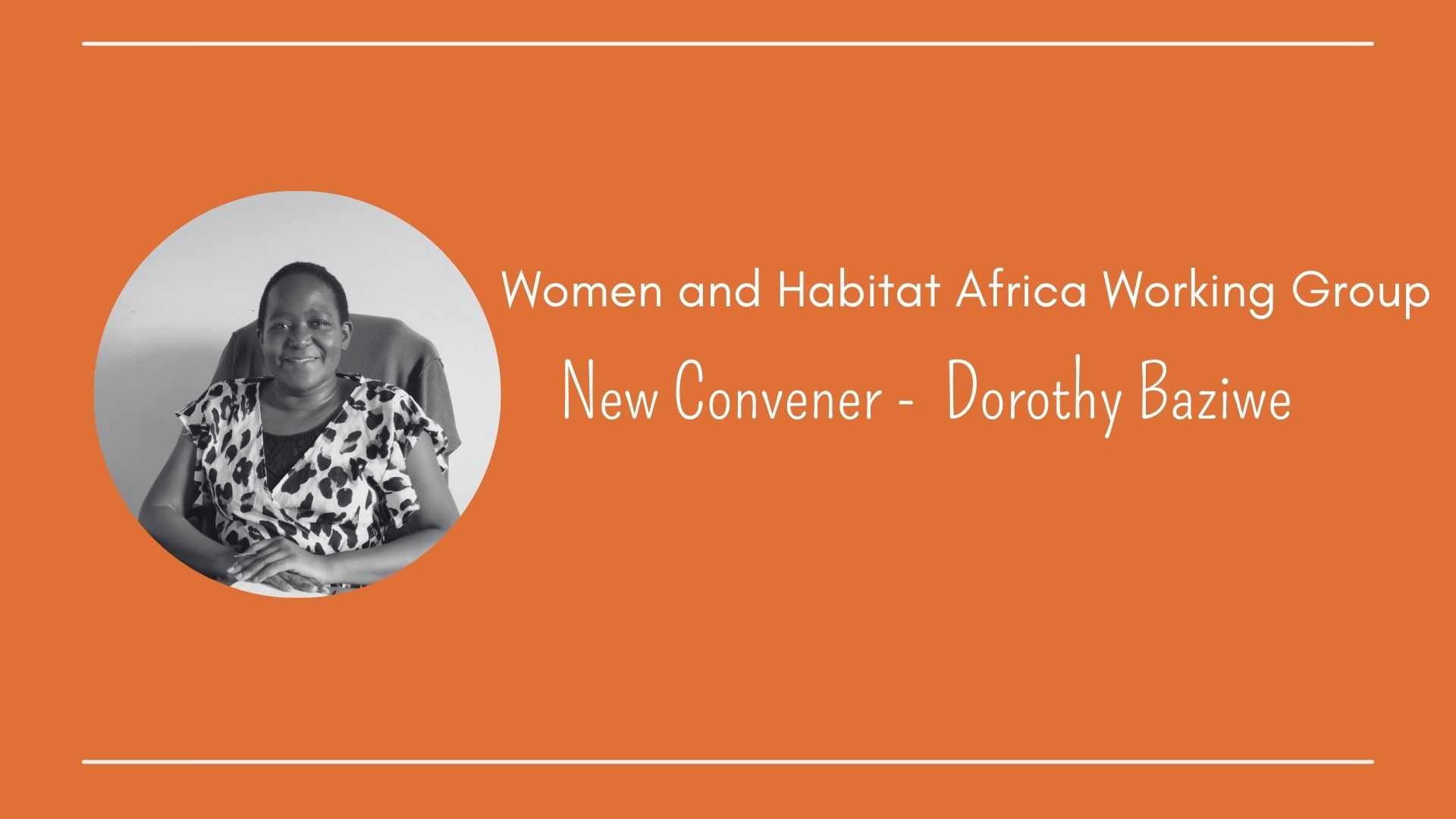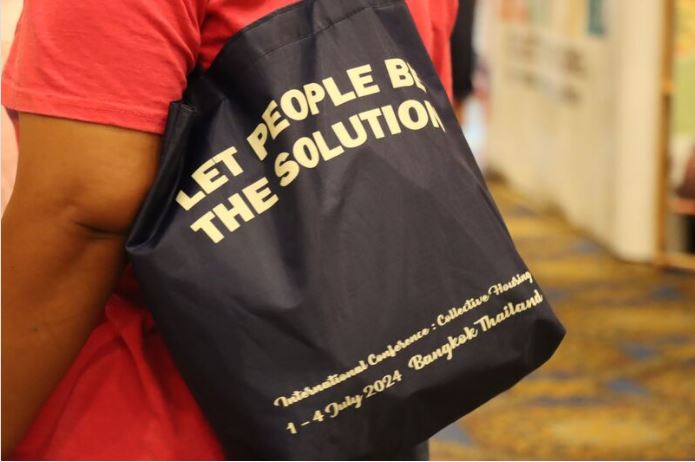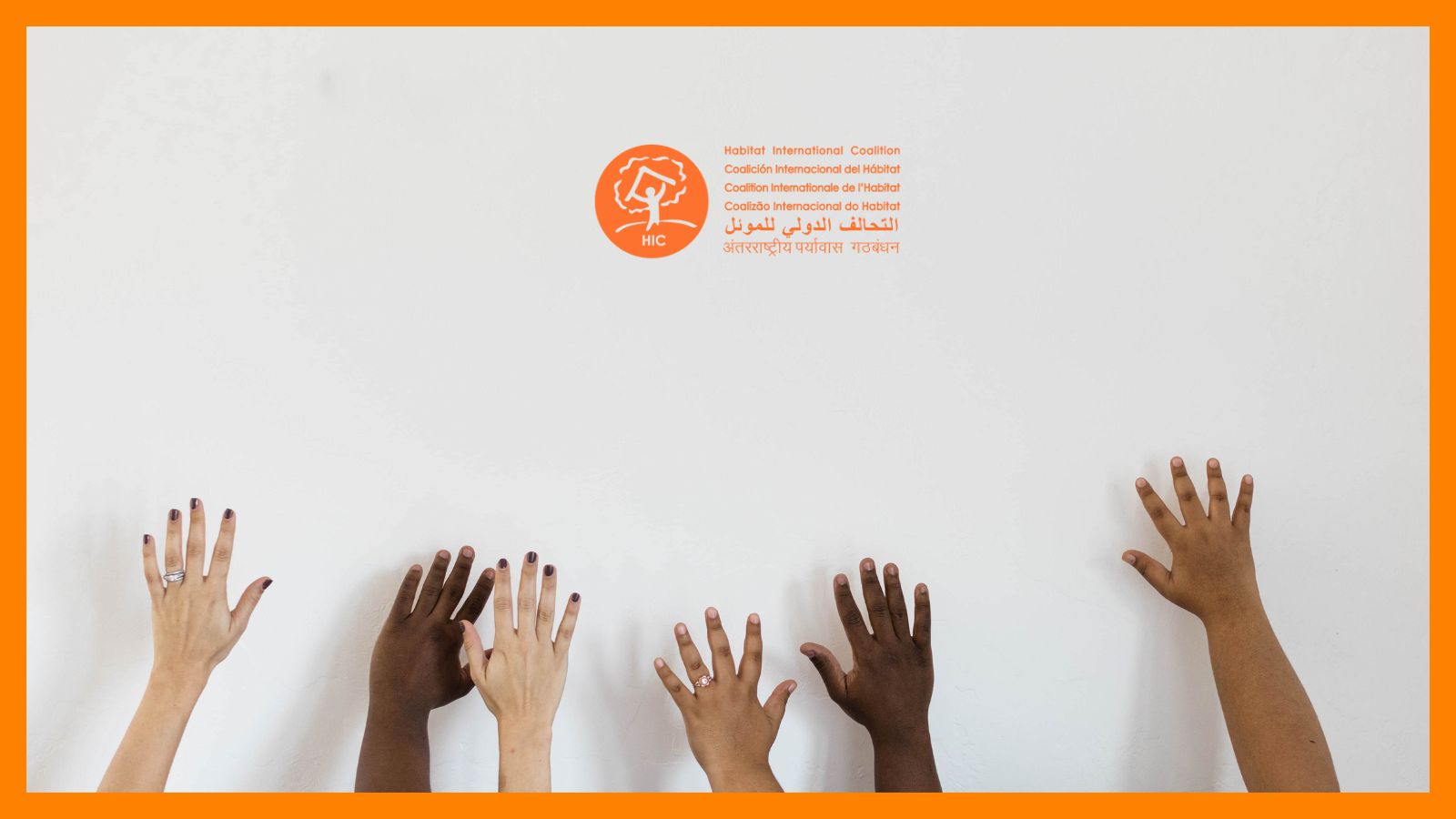The Shawamreh home in the village of Anata, in the West Bank but just meters over the Jerusalem municipal boundary, has become the symbol of the Palestinian struggle against Israel’s policy of demolishing Palestinian homes – and of resistance to the Occupation in general. Salim and Arabiya both come from families made refugees in 1948. In the early ’90s they bought a small plot of land in the village of Anata, close to the Shuafat refugee camp where Salim grew up. They applied to the Civil Administration three times for a building permit and were denied each time for a different reason – the basic one being that Israel had zoned virtually the entire West Bank as agricultural land according to a British plan (RJ-5) formulated in 1942 which freezes Palestinian building as it was 65 years ago. Indeed, RJ-5 is used to “legally” deny building permits to Palestinians throughout the Occupied Territories. And like thousands of other families – ICAHD estimates that the number of demolition orders in the West Bank and East Jerusalem reaches into the tens of thousands – the Shawamrehs were forced to build their home “illegally,” although the right to shelter is a fundamental human right.
Upon moving into their modest home, the Shawamrehs filed an appeal with the Israeli Supreme Court to obtain a permit, hoping to demonstrate a willingness to do whatever the Israeli authorities required, but were refused. Four years later, in July, 1998, their home was demolished for the first time amidst great violence. Traumatized, scared and financially ruined, the family decided to rebuild their home as a political act of resistance to the Occupation, although they did harbor the hope that the Israeli authorities might relent. Hundreds of volunteers – Palestinians, Israelis and internationals – organized by the Israeli Committee Against House Demolitions (ICAHD) and the Palestinian Land Defense Committee (LDC), came to together and rebuilt what was called “The House of Peace.”
But the Israeli authorities did not relent. The newly constructed home was demolished before the family could move in. Undaunted, refusing to allow the Occupation the prevail, ICAHD, the LDC and their activists, together with the Shawamrehs, their neighbors and the entire Anata community, again rebuilt the home. Again it was demolished, this time after the Shawamrehs has slept in it only one night. The home was rebuilt and demolished /twice/ more. But still the Shawamrehs would not give in. In 2003 their house was rebuilt for the fifth time – and lodged yet another appeal with the Israeli Supreme Court to grant them a building permit.
Despite their courageous resistance, their willingness to risk arrest and fines and the repeated trauma of demolition, the Shawamrehs realized that the Israeli authorities would never allow them to live in their home. They therefore dedicated it as a peace center, a place where Palestinians, Israelis and internationals could meet in order to develop campaigns that would effectively end the Occupation, until that day when they could actually move in. The home/center was named Beit Arabiya after the woman whose home it was. A joint Palestinian-Israeli program, it has received funding from the Church of Sweden, the Methodist, Mennonite and other churches, as well as from other donors. The Shawamrehs found rented quarters in the northern part of East Jerusalem beyond the Qalandia checkpoint.
It is clear that the Shawamrehs cannot find justice in the Israeli court system. Their lawyer raised a number of substantive claims that the courts all the way to the Supreme Court refused to address:
* The Fourth Geneva Convention forbids an Occupying Power to extend its law and administration to an occupied territory, rendering the very process of granting or denying permits to Palestinians, not to mention Israel’s policy of house demolitions, patently illegal under international humanitarian law;
* Trying to prove the good faith of the Shawamrehs in repeatedly seeking a permit and the bad faith of the Civil Administration in repeatedly refusing it for differing and sundry seasons, their lawyers pointed out that the family had applied for a permit three times (each time at a cost of $5000), encouraged each time to do so by Civil Administration officials. Especially egregious was the declaration, published in a major Israeli newspaper, that the Shawamrehs would be granted a permit if they provided what the Civil Administration, in the third application, claimed were two missing signatures on their deed of ownership – yet would not reveal what signatures were required, and then claimed they lost the Shawamreh file.
* Resigned to the reality that the Israeli courts do admit international law, the Shawamrehs’ lawyers raised the illegality of applying a plan, RJ-5, that had never been revised over the past 65 years despite significant changes in demography and land use, including the construction of some 300 settlements, themselves illegal under the Fourth Geneva Convention, which the Israeli government approved on the very same land that had been designated “agricultural” and on which the Shawamrehs and thousands of Palestinian families had been denied their fundamental right to housing;
* Finally, the legality of repeatedly demolishing the Shawamreh home under the original “perpetual” demolition order was questioned, especially since such a practice is illegal in Israel itself and is not applied to Israeli settlements in the Occupied Territories.
ICAHD is extremely concerned that immediately upon the Supreme Court ruling, expected any day, Beit Arabiya will be quickly demolished by the Civil Administration. In fact, demolition orders were issued to all of the Shawamrehs’ neighbors as soon as the authorities saw which way the Supreme Court was tending, including to the Hamdan, Jadua and Tutah families whose homes ICAHD rebuilt over the last couple years, raising our fears of a wholesale demolition of homes in Anata. This is only one local manifestation of a sharp rise in demolitions throughout the West Bank and East Jerusalem over the past several months – accompanied by an alarming increase in demolitions of Arab homes within Israel proper (two entire Bedouin villages have been demolished in the past month.) The process of displacement, began a hundred years ago and reaching a peak in 1948, continues apace throughout the country.
**What You Can Do**
Urgent action is required to save Beit Arabiya and thousands of other Palestinian homes threatened with immediate demolition. Since the Shawamreh home epitomizes opposition to this tragic and cruel policy that has nothing whatsoever to do with security, we are asking you to raise the issue with those who have influence over Israeli actions:
* Contact your political representatives – members of Congress or parliament. Demand to meet with them when they return to their districts and states, bring a delegation of local activists, clergy (including rabbis) and public officials, and tell them in no uncertain terms that you expect them to stop the demolition of Salim and Arabiya’s home. Ask ICAHD < info@icahd.org
* Contact your churches and synagogues and ask them to speak out. Educate them, ask that your denomination pass a resolution and lobby on the matter, link the demolition to the divestment campaign against Caterpillar (we have pictures of Caterpillar bulldozers and pneumatic drills destroying the Shawamrehs’ home). Make a special effort to raise your concerns with your local rabbis. Go to them with a delegation of local people, including concerned Jews, and demand that they speak out. Don’t accept the “security” argument. Point out how important human and civil rights have always been to Jews and demand that they speak out.
* Initiate meetings with your local newspapers. Demand more critical coverage of Israel’s activities in the Occupied Territories. Give them an account of the Shawamreh demolition (ICAHD can help you draft it) and have it published on the Op Ed page. Remember that Letters to the Editor is the most read part of the paper.
* Renew your efforts to bring the message to your community through public meetings and discussions. ICAHD will help provide materials. We must make opposition to the Occupation – including the house demolition policy – as urgent and central as was the struggle against Apartheid.
We must save Beit Arabiya. The Israeli Occupation must end /now/.
El Grupo de Trabajo Mujer y Hábitat de HIC África nombra nueva Coordinadora
El Grupo de Trabajo Mujer y Hábitat de HIC África (WHAWG) es un grupo de Miembros y Amigos/as de la Coalición de toda África comprometidos con la consolidación, el desarrollo [...]


